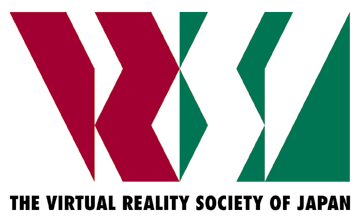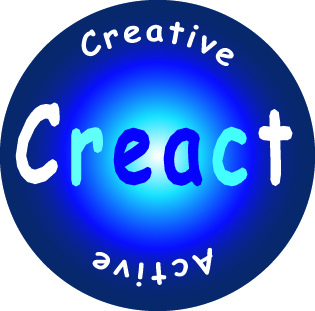Workshop 1: Tangible Space Initiative
Organizers:
-
Tobias Höllerer (University of California / holl@cs.ucsb.edu),
-
Heedong Ko (Korea Institute of Science and Technology)
Time length: Full day
Website: http://www.tangible-space.org/
It contains the Call for Papers and the link to the submission system.
Summary:
The objective of this workshop is to facilitate intellectual exchange on current research activities towards building next-generation interaction spaces. Historically, human computer interaction (HCI) research in mixed and augmented reality and ubiquitous or pervasive computing have been largely carried out in separate research communities. As a result of recent advancements and increased maturity within the individual research areas, we consider it timely and fruitful to discuss combined approaches with a unifying perspective toward the next generation interaction space.
Under the umbrella concept of the "Tangible Space Initiative" (TSI), we have identified three components that form inter-operative but distinct areas in the area of tangible space: tangible interfaces (TI), responsive cyberspace (RCS), and tangible agents (TA). TI mainly provides the interface between the human and cyberspace. RCS is a virtual space that is responsive to user situation and intentions. A TA is a physical agent that is interacting with physical objects in the physical space on behalf of the cyberspace. TI has been a major focus of MR/AR research, RCS has been a main focus of research in ubiquitous computing, simulated environments and artificial intelligence, and TA has been a main focus of robotics and computer vision. The organizing committee seeks papers drawing on theory and methods in these diverse research communities and encourages workshop participants to identify research directions in their individual fields that can be profitably combined to form a new cooperative approach for the next-generation interaction space.










